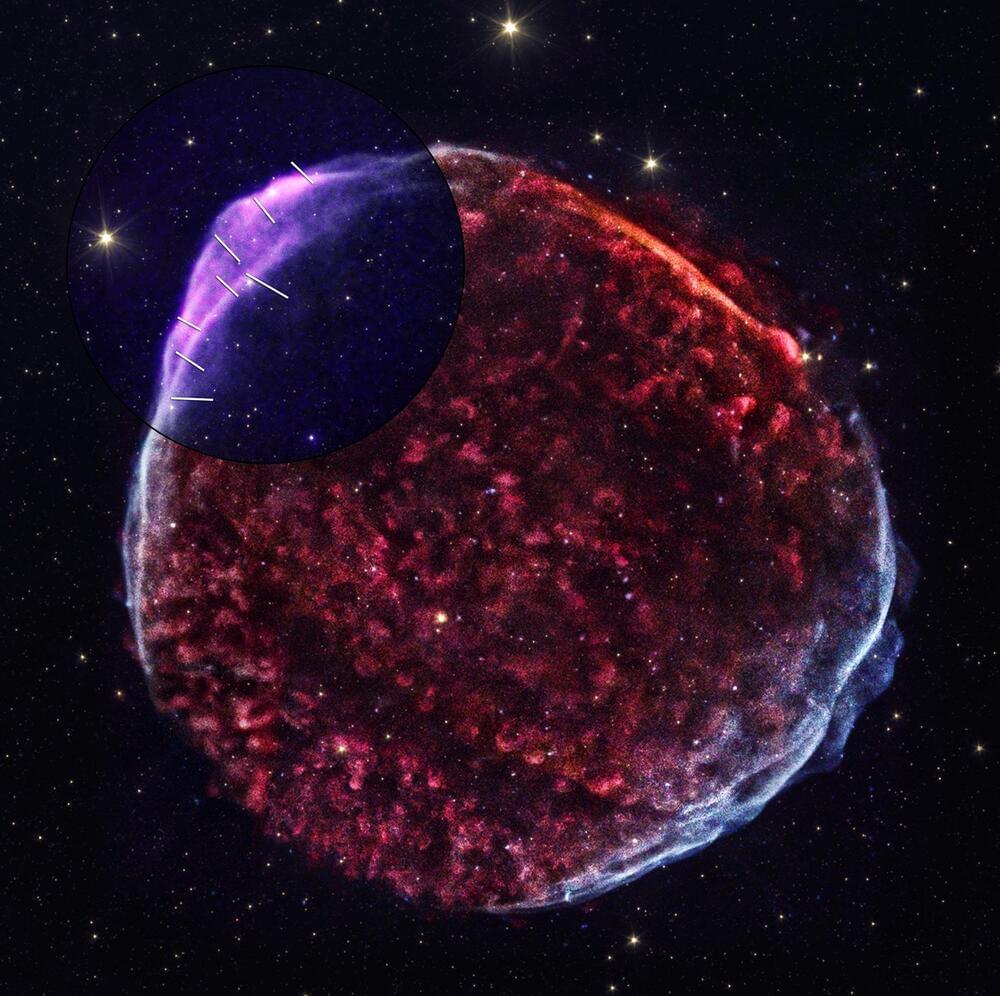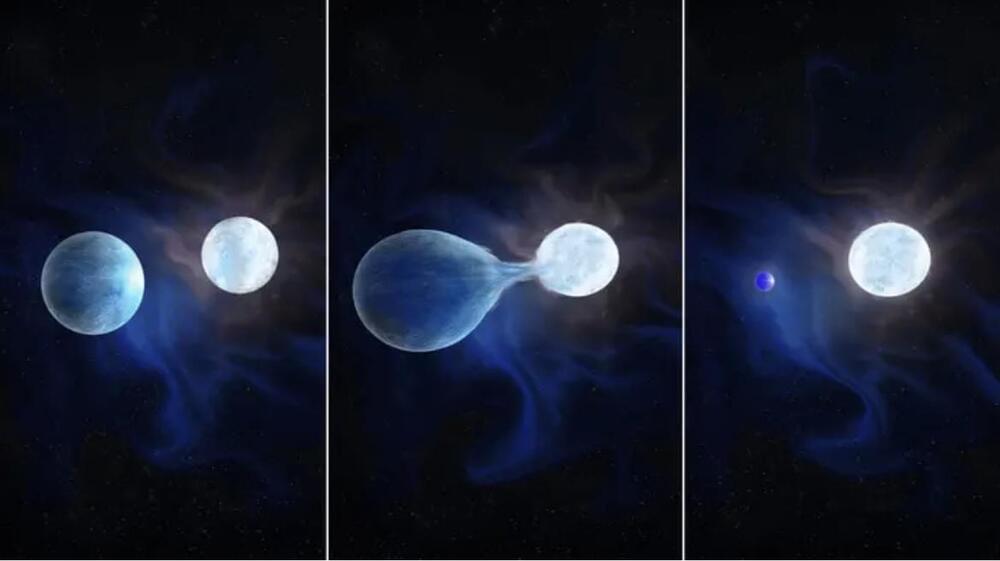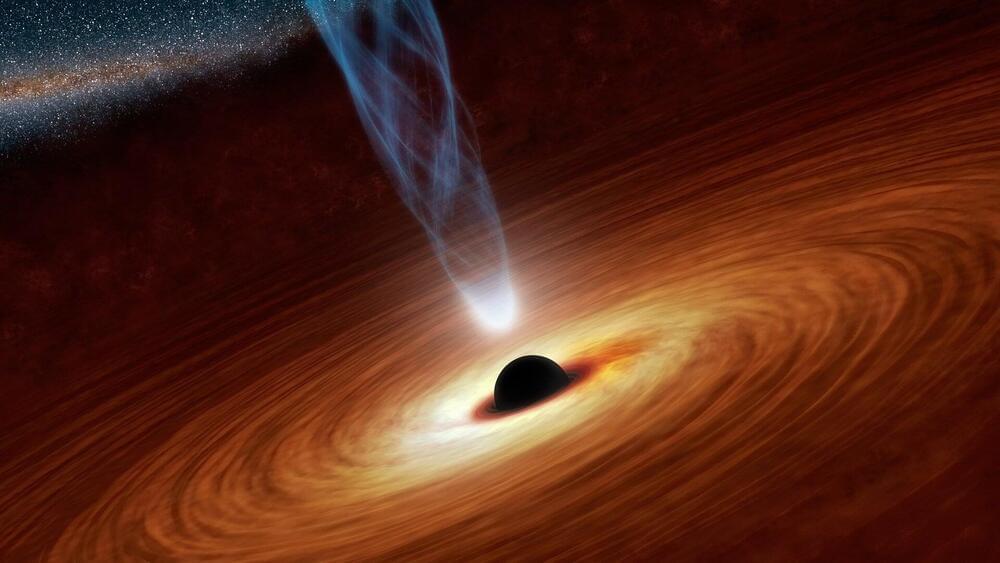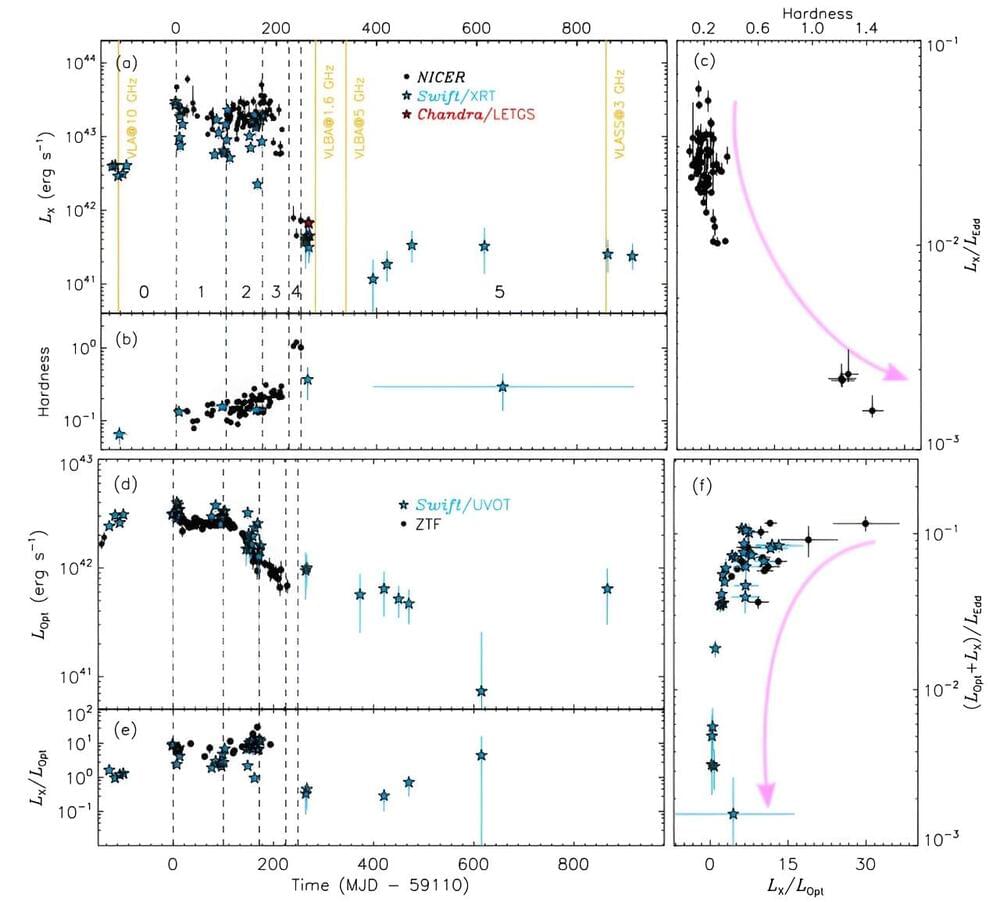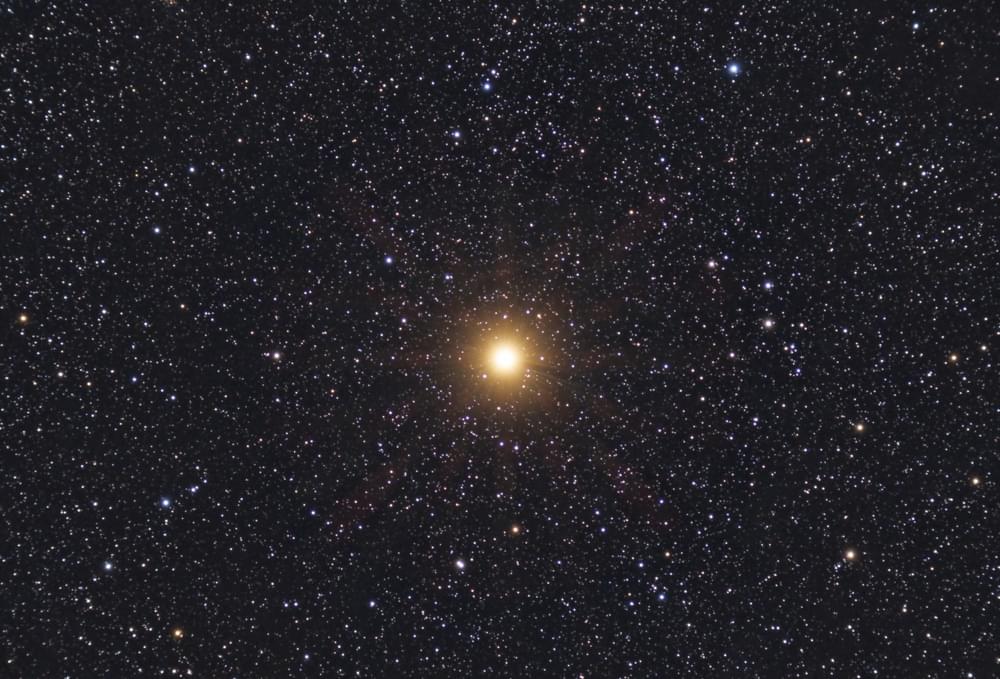SN 1,006, a supernova observed over a millennium ago, has been extensively studied using NASA ’s Chandra and IXPE telescopes, revealing critical details about its magnetic field and particle acceleration, contributing to our understanding of cosmic rays.
When the object now called SN 1,006 first appeared on May 1, 1006 A.D., it was far brighter than Venus and visible during the daytime for weeks. Astronomers in China, Japan, Europe, and the Arab world all documented this spectacular sight, which was later understood to have been a supernova. With the advent of the Space Age in the 1960s, scientists were able to launch instruments and detectors above Earth’s atmosphere to observe the Universe in wavelengths that are blocked from the ground, including X-rays. The remains of SN 1,006 was one of the faintest X-ray sources detected by the first generation of X-ray satellites.
Recent observations with nasa’s x-ray telescopes.
